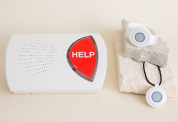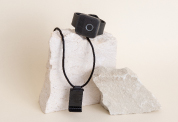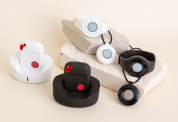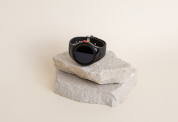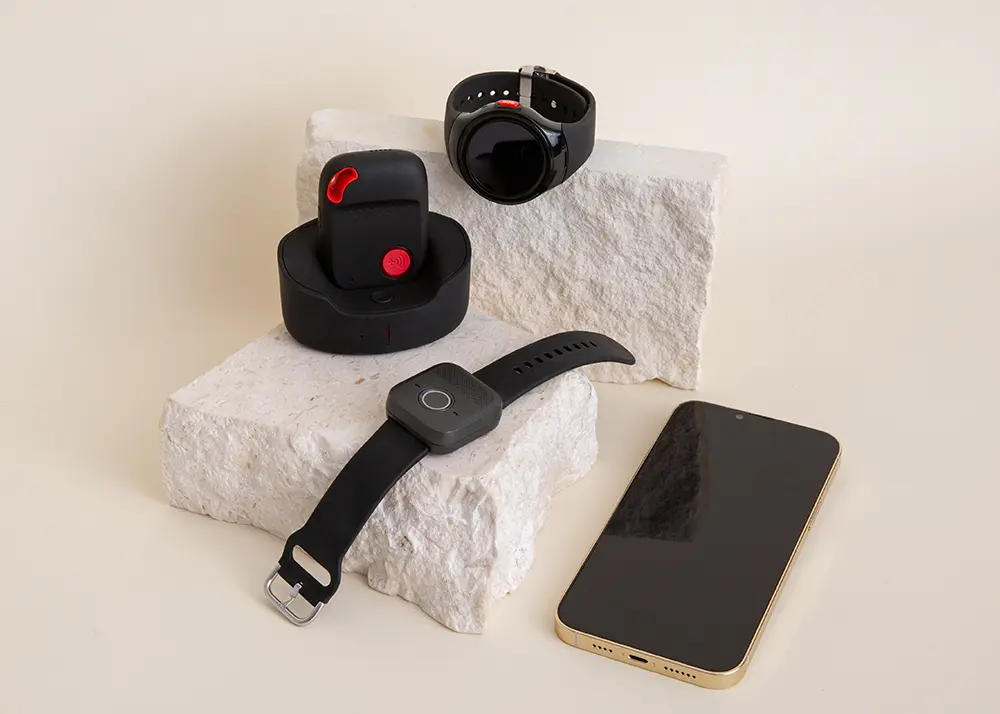How Crooks Are Using Coronavirus Scams To Steal Your Money and Identity
April 7, 2020
The COVID-19 coronavirus pandemic is the world’s top news story, and crooks and con artists are paying attention along with everyone else. They know that about 90% of American households will soon be receiving stimulus checks, and that people are avidly looking for information about the crisis. Here are some recent examples of coronavirus scams and tips to protect yourself.
Someone offers to help you apply for your stimulus payment.

Some scammers are distributing “stimulus application forms,” but there is no such thing. The IRS Web site has a “what you need to know” FAQ page about the stimulus payments. It advises: “There is no action needed by most people at this time” in order to receive your stimulus payment.
These fake application forms are attempts to get you to share your personal data and bank account information.
Someone (supposedly) from the government contacts you and asks for bank account information.
Criminals pretending to be from the IRS or Treasury Department are contacting people and asking for their bank account information.
If the IRS has your bank account information on file, it will send your stimulus payment via direct deposit. Otherwise, you’ll receive a paper check. In general, people who have direct deposit will receive their payments several weeks before paper checks go out.
There will soon be a secure way to send bank account information so that you can get direct deposit. According to the IRS FAQ page:
“In the coming weeks, Treasury plans to develop a web-based portal for individuals to provide their banking information to the IRS online, so that individuals can receive payments immediately as opposed to checks in the mail.”
You receive unsolicited coronavirus emails/texts that are actually phishing attempts.
Be very careful about opening unsolicited texts and emails because they may infect your computer or phone with viruses and spyware. The cyber-security company, Norton, has information about coronavirus phishing emails. It offers examples of common phishing emails related to the outbreak:
- Fake alerts from the Centers for Disease Control with links to information and statistics.
- Health advice emails with “safety information” download links.
- Workplace policy emails that require you to open a document and acknowledge that you’ve read it.
You’re offered an in-home coronavirus test or test kit.
Currently, there are no in-home COVID-19 test kits available, but that doesn’t stop the scammers. They’re going door-to-door offering coronavirus testing at no cost, but explain that they need your health insurance or Medicare/Medicaid information to bill for payment.
What actually happens is that they give you a fake test and use your health insurance information to fraudulently bill for other tests and procedures.
Here’s how to report coronavirus fraud attempts:
Law enforcement and consumer protection organizations encourage everyone to report all fraud, phishing, and other illegal activities. It helps police track down the criminals, and the publicity helps potential victims protect themselves.
- National Center for Disaster Fraud (NCDF): Call 1-866-720-5721 or email disaster@leo.gov to report suspected fraud schemes related to the COVID-19 coronavirus. The NCDF operates a centralized system that federal, state, and local law enforcement officials can access and use to “identify, investigate, and prosecute fraud schemes.”
- Better Business Bureau: The BBB’s “Scam Tracker” is a searchable database of frauds and scams reported nationwide. Users can find and report suspected scams.
- Federal Trade Commission: Report scams to the FTC at https: ftc.gov/complaint.
The FTC has produced a lighthearted way for people to learn about common scams and report them. Print your own FTC Coronavirus Scam Bingo Card and play along.
When you have bingo, share it with the FTC on Facebook (@FederalTradeCommission) or Twitter (@FTC). You’ll be helping the FTC – and others – know what’s going on.
We thought you might also like:
7 Coronavirus Safety Tips For Seniors, Caregivers, And Families
Why Is Coronavirus More Serious In Older People?
Here Are A Dozen Options For Free TV Streaming While You’re Stuck At Home
